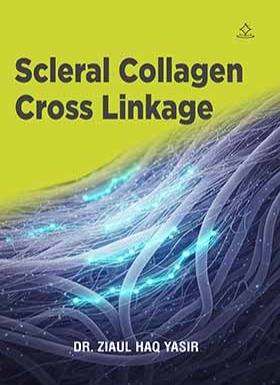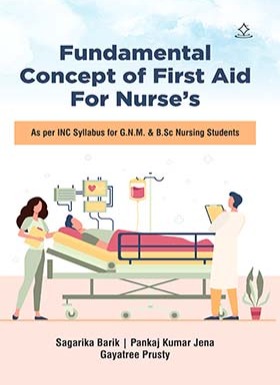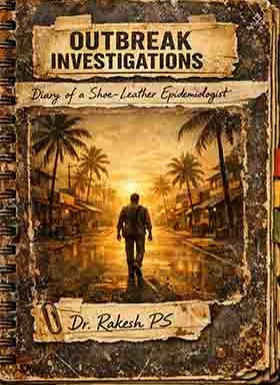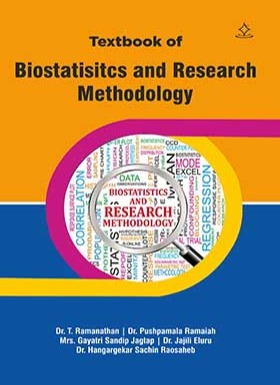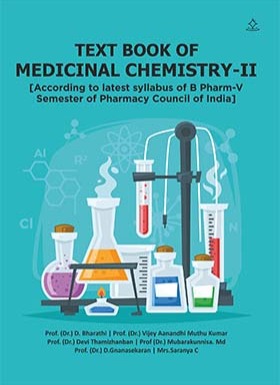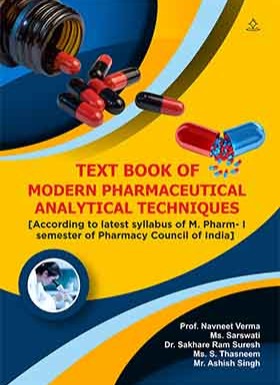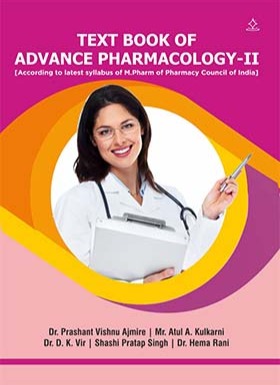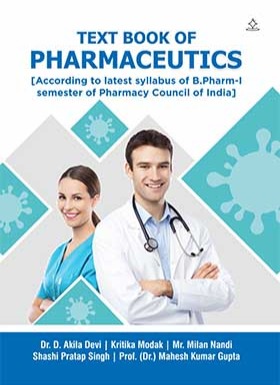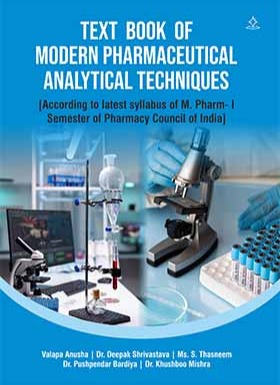


ISBN : 978-93-6087-537-4
Category : Academic
Catalogue : Medical And Nursing
ID : SB21796
TEXT BOOK OF MODERN PHARMACEUTICAL ANALYTICAL TECHNIQUES
According to latest syllabus of M. Pharm- I semester of Pharmacy Council of India
Valapa Anusha, Dr. Deepak Shrivastava, Ms. S. Thasneem, Dr. Pushpendar Bardiya, Dr. Khushboo Mishra
Paperback
999.00
e Book
599.00
Pages : 282
Language : English
About Book
The Textbook of Modern Pharmaceutical Analytical Techniques is a comprehensive guide that explores a wide range of analytical tools essential for pharmaceutical sciences. It begins with UV-Visible spectroscopy, covering its introduction, theoretical principles, governing laws, instrumentation, solvent effects, and diverse applications in drug analysis. The book then moves into Infrared (IR) spectroscopy, explaining molecular vibrations, sample handling, dispersive and Fourier Transform IR spectrometers, factors influencing vibrational frequencies, and its significance in pharmaceutical applications. A detailed chapter on Spectrofluorimetry highlights the theory of fluorescence, influencing factors, quenchers, instrumentation, and its vital role in qualitative and quantitative analysis. Further, Flame Emission Spectroscopy (FES) and Atomic Absorption Spectroscopy (AAS) are thoroughly explained, focusing on principles, instrumentation, interferences, and pharmaceutical applications, especially in trace metal analysis. The text also covers Nuclear Magnetic Resonance (NMR) spectroscopy, providing insights into quantum numbers, basic principles, instrumentation, solvent requirements, relaxation processes, signal interpretation, chemical shifts, spin-spin coupling, coupling constants, and advanced techniques like FT-NMR and 13C-NMR. The applications of NMR in structural elucidation of drugs are given special emphasis. Following this, Mass Spectroscopy is presented with clarity, elaborating its principle, instrumentation, ionization techniques (EI, CI, FAB, MALDI, ESI, APCI, APPI), types of analyzers, fragmentation rules, metastable ions, isotopic peaks, and wide-ranging pharmaceutical applications. A large portion of the book is devoted to Chromatography, offering a complete discussion on principles, apparatus, instrumentation, chromatographic parameters, and factors affecting resolution across various techniques. These include paper chromatography, thin layer chromatography (TLC), ion-exchange chromatography, column chromatography, gas chromatography (GC), high-performance liquid chromatography (HPLC), and affinity chromatography. Each method is explained with its specific advantages and pharmaceutical uses. The section on Electrophoresis elaborates on different types such as paper, gel, capillary, zone, moving boundary, and isoelectric focusing, describing their principles, instrumentation, working conditions, influencing factors, and applications in protein and drug separation. The book also introduces X-ray Crystallography, explaining X-ray production, diffraction methods, Bragg’s law, rotating crystal technique, X-ray powder diffraction, crystal types, and applications in determining drug and biomolecule structures. Finally, it includes Immunological Assays, covering the principles, instrumentation, working conditions, influencing factors, and applications of radioimmunoassay (RIA), enzyme-linked immunosorbent assay (ELISA), and bioluminescence assays, emphasizing their relevance in modern drug analysis and diagnostics.
Customer Reviews

